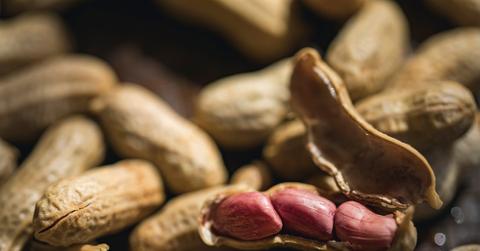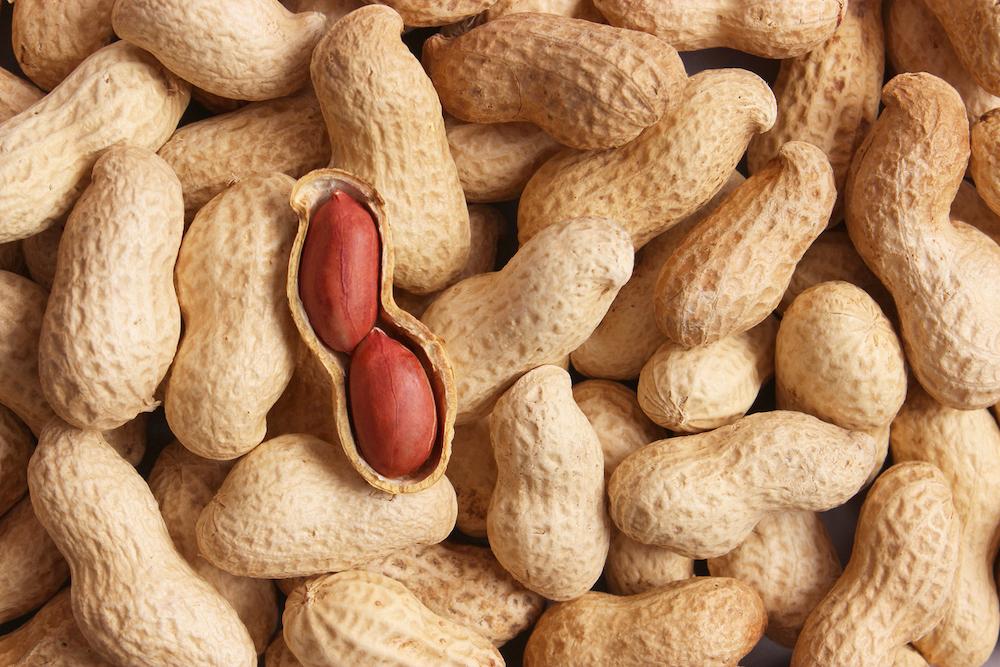Peanuts Have a Complicated History in the U.S. — Here's Why It's Illegal to Grow Them
Published Aug. 23 2023, 10:53 a.m. ET

Not all plants are legal to grow in America. From recreational drugs like cannabis to wild sugarcane, there's a laundry list of crops on the no-grow list. Especially when it comes to food, there are a number of laws on the books that keep the industry regulated. But did you know that peanuts have faced some heavy restrictions over the years?
Of course, since peanuts are a food, it makes sense that there are some laws around them. There was even a point when the U.S. government prevented people from growing them altogether. Is growing peanuts still illegal, and if so, why? Here's what you need to know.

Is growing peanuts illegal in the U.S.?
It's not necessarily illegal to grow peanuts in the U.S., but the plant does have heavier regulations than you might realize. According to Master Class, you can grow peanuts at home for personal use. Different regulations depend on the state you're in if you want to buy seeds and sell peanuts or use their byproducts commercially.
If you're looking to get into a peanut-selling business, be aware that each state has different laws that regulate it. Some types of peanuts are the intellectual property of various companies, making them illegal to sell as your own. And since these laws can become complicated depending on a few factors, you will want to be well-versed in them before moving forward.

Why is growing peanuts illegal?
Growing peanuts isn't wholly outlawed in the U.S. In the 1930s, peanuts, tobacco, and other plants were regulated by "the use of supply-limiting marketing quotas and price supports," according to the U.S. Department of Agriculture. The limit was meant to stabilize their prices, which would help farmers have a livable income in the market.
In 1949, the U.S. Congress made it illegal to grow peanuts without a federal license. According to The Washington Times, the government created the license to limit federal spending. There was even a point where the government stopped giving out licenses so no one new could begin selling peanuts. Over the years, the systems became unstable, and in 2002, the Farm Act was passed. Among other things, this meant that peanuts were taken out of the marketing quota program.

Growing peanuts isn't illegal, but commercial growing and sale of them is heavily regulated. You need a license, but each state can have different regulations that must be followed by law.
Although peanuts can be grown across the U.S., six of them produce the majority of these nuts we see on store shelves:
- Alabama
- Florida
- Georgia
- North Carolina
- South Carolina
- Texas
Altogether, these states produce over 5.5 billion pounds of peanuts, but Georgia sells the most according to the U.S. Department of Agriculture. In 2022, there was an estimated 2.9 billion pounds grown in the state. Alabama is the runner up with an estimated 559 million pounds that same year.